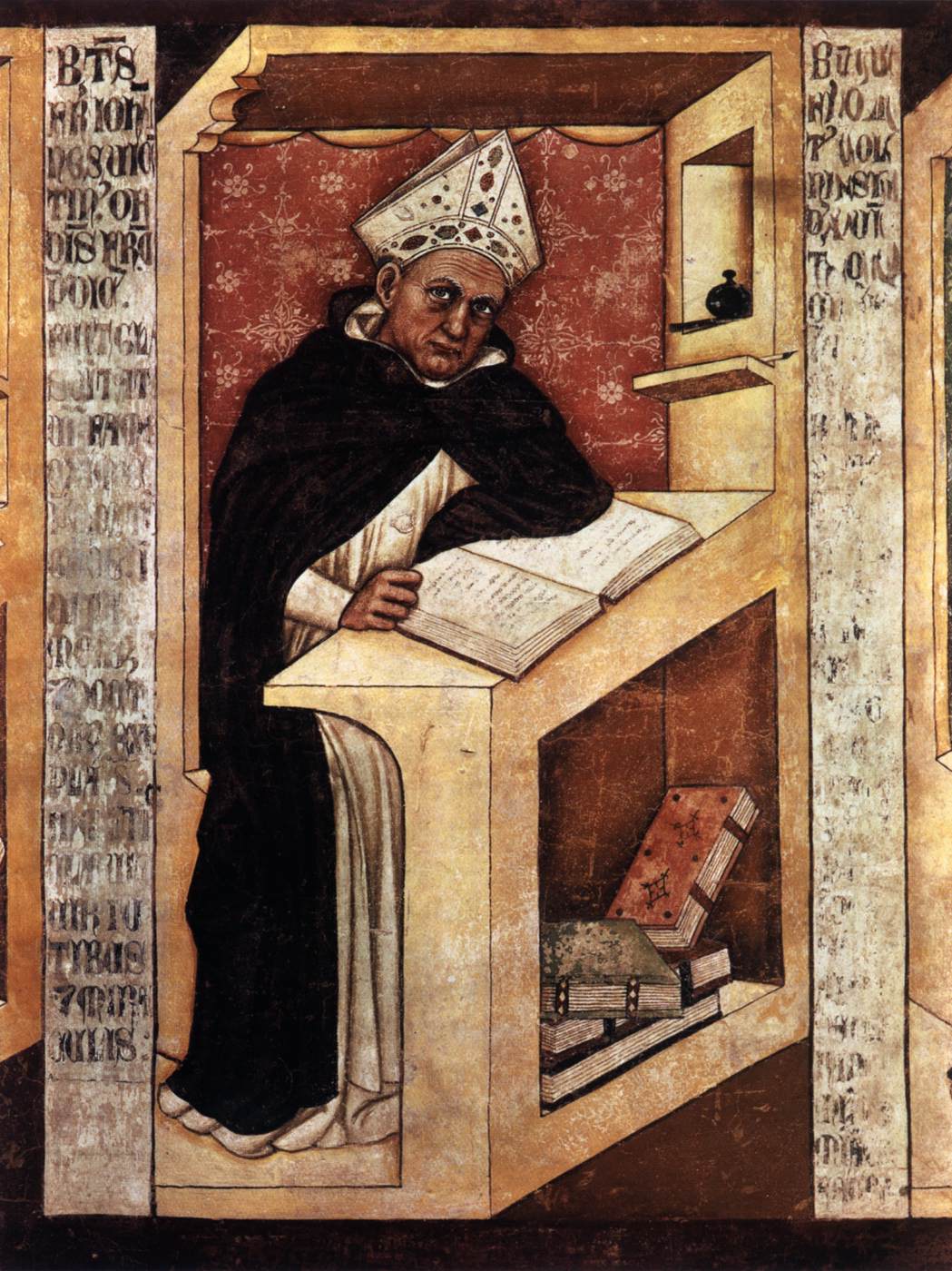The Economist has an obituary on the late cardinal:
http://www.economist.com/obituary/displaystory.cfm?story_id=11288470
I didn't know this person was most of a stickler for orthodoxy than then Ratzinger! (at least, that's my impression from the article)
Readers may want to comment and refute some of the anti-catholic comments people have left on the article.
Tuesday, May 06, 2008
Developing leaders for an aging society
a kick-off event to celebrate the partnership between the Heller School and Hebrew SeniorLife (HSL) to train leaders in the field of aging. Keynote Speaker John W. Rowe, MD, Mailman School of Public Health, Columbia University, will be joined by an expert panel including Michael Festa, Secretary of Massachusetts Office of Elder Affairs; Len Fishman, CEO of Hebrew SeniorLife; and Alan Solomont, Chairman of Solomont Bailis Ventures. HSL is a seven-site network of senior housing and health care and the largest non-profit provider of senior housing and health care in New England.
I was debating whether to attend, but was encouraged by my mentor. After attending these types of events, I am realizing that I am getting better at schmoozing at parties and receptions.
Heller School of public policy just a got a new woman dean, so that is pretty cool.
Among Dr. Rowe's comments, here are some things to consider:
0. There is an utter lack of health care workers, now, and in the future. Even if medicare is well funded, access to medical care is still going to be a challenge.
1. organizations such as AARP push for the idea of generation gap and generation war, where young, middle age, and seniors will be fighting for resources. Yet, there is little evidence to support this idea. Grandparents are likely to support funding schools, middle-age people don't mind contributing to social security and medicare, since they already have invested in it. Given the ongoing shift in demographics, we may have to think about
2. People seem to love retirement too much - why should people suddenly stop working at a certain age? Older people may volunteer a bit more than younger people, but it is still not very much. We need a structure to retain talent and experience.
3. Inequality. Social scientist will argue that disparity in wealth is incredibly bad - economists will argue that it's not that big of a deal, as poor people can still get access to social programs, etc. The two camps apparently don't believe that the other side at all. Yet education affects future outcomes - education protects against Alzheimer's disease, but also HS grads are 2x likely to be disabled at age 65 than college grads.
4. Lack of talent: despite the importance of taking care of older adults, it is difficult to attract talent. The social perception is partly to blame, as people seek "sexier" jobs/industries, and consider work in aging "a waste." This occurs at the policy level, where educational funds/research are being focused mostly on brain develepment during 0-3 years of age, because people think "science says that brains can't learn after age 20" Garbage!!
The incoming dean, Lisa Lynch mentioned that scientists have to influence the policy discourse, because otherwise no one else will advocate real science in our stead.
I was debating whether to attend, but was encouraged by my mentor. After attending these types of events, I am realizing that I am getting better at schmoozing at parties and receptions.
Heller School of public policy just a got a new woman dean, so that is pretty cool.
Among Dr. Rowe's comments, here are some things to consider:
0. There is an utter lack of health care workers, now, and in the future. Even if medicare is well funded, access to medical care is still going to be a challenge.
1. organizations such as AARP push for the idea of generation gap and generation war, where young, middle age, and seniors will be fighting for resources. Yet, there is little evidence to support this idea. Grandparents are likely to support funding schools, middle-age people don't mind contributing to social security and medicare, since they already have invested in it. Given the ongoing shift in demographics, we may have to think about
2. People seem to love retirement too much - why should people suddenly stop working at a certain age? Older people may volunteer a bit more than younger people, but it is still not very much. We need a structure to retain talent and experience.
3. Inequality. Social scientist will argue that disparity in wealth is incredibly bad - economists will argue that it's not that big of a deal, as poor people can still get access to social programs, etc. The two camps apparently don't believe that the other side at all. Yet education affects future outcomes - education protects against Alzheimer's disease, but also HS grads are 2x likely to be disabled at age 65 than college grads.
4. Lack of talent: despite the importance of taking care of older adults, it is difficult to attract talent. The social perception is partly to blame, as people seek "sexier" jobs/industries, and consider work in aging "a waste." This occurs at the policy level, where educational funds/research are being focused mostly on brain develepment during 0-3 years of age, because people think "science says that brains can't learn after age 20" Garbage!!
The incoming dean, Lisa Lynch mentioned that scientists have to influence the policy discourse, because otherwise no one else will advocate real science in our stead.
Subscribe to:
Posts (Atom)
